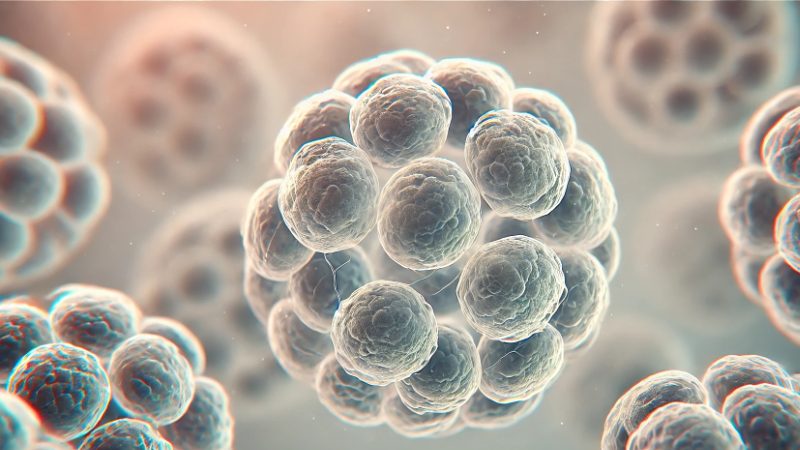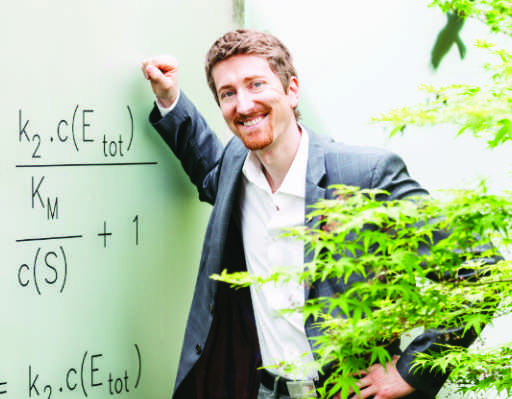Are you a pharmaceutical company struggling with high production costs for biopharmaceuticals due to limitations of CHO cell lines? Unleash the full potential of your CHO protein production with acib’s stabilizer technology to increase yields.
Background
Technology
Offer
We offer a comprehensive, Design of Experiments (DoE)-based screening of stabilizing agents to achieve higher Protein of Interest (POI) production yields. Our services include:
- Testing the combinatorial effects of stabilizers.
- TScaling up to bench-top fermentation volumes.
- TAssessing the impact on established downstream processes andformulation, including purification with diverse resins.
- Troubleshooting any issues encountered.
Our platform is ready for implementation in systems producing various biopharmaceuticals as end-products in CHO cells and potentially HEK cell lines. This technology can also be applied to cultivated meat production or to many proteinaceous products where stability is an issue. We are open to joint projects to exploit this technology further.
Do not settle for inefficient protein production. Contact acib immediately to discuss your specific needs and see how our stabilizer library can improve your process.
Experts:
Dr. Aleksandra Fuchs, Dr. Mohamed Hussein, Dr. Nico Lingg, Prof. Dr. Harald Pichler, Prof. Dr. Nicole BorthDevelopment status:
Technology Readiness Level 4-5, (Technology validated in lab / industrially relevant environment)
Partners:
Graz University of Technology (TUG)University of Natural Resources and Life Sciences, Vienna (BOKU)
Keywords:
CHO Cells, Biopharmaceutical Production, Stabilizer Library Technology, Design of Experiments, High-Throughput Screening, Protein Yield Enhancement, Protein Degradation Reduction, Cost-Efficient Biotechnology, Fed-Batch Process Optimization

